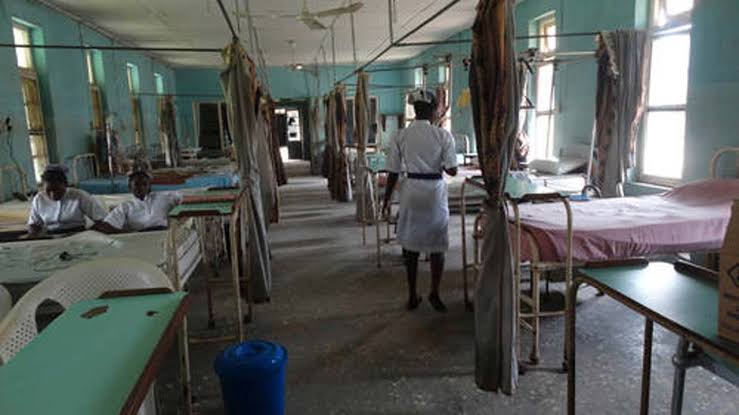A non-profit organisation, Connected Development (CODE), has decried the poor state of Primary Healthcare Centres (PHCs) in the country and says they need urgent attention.
The State Lead of the project in Kano State, Mr Abass Adamu, relayed CODE’s position at Ungogo Local Government Area of Kano State on Tuesday at the presentation of Primary HealthCare Centres 2022 survey/findings.
Adamu explained that the survey was conducted through the COVID-19 Transparency and Accountability Project, which was devoted to ensuring transparency and accountability in government spending in Africa.
He said the surveys were conducted in 783 healthcare centres across the federation, where it was discovered that the PHCs were operating below standard.
He said that data collected were analysed based on some thematic areas that include: Water, Sanitation and Hygiene (WASH) infrastructure, personnel, service delivery and COVID-19 vaccine administration.
Adamu noted that 297 PHCs out of the 783 PHCs visited were not connected to the national grid, for power.
He added that about 137 of them did not have alternative sources like solar or other means, but relied on kerosene lamps and torchlights.
According to him, only 64 per cent of the PHC’s visited had access to water; two of every 10 of them with access to water used wells, while majority had boreholes.
The 264 PHCs of the 783 PHCs visited also did not have separate toilets for male and female.
“Out of the 783 PHCs visited, 355 PHCs did not have pharmaceutical fridges for storage of COVID-19 vaccines, while 3 per cent of the fridges in those that have are not functional.
“Of the 783 PHCs visited, 44 per cent did not have Ward Development Committees, while about 60 per cent of them have lists of vulnerable population,’’ he lamented.
CODE urged governments at all levels to do everything possible to bridge the deficit gap in terms of staffing, manpower development, water and electricity.
Some of the participants at the presentation commended the organisation for its efforts at creating awareness.
They noted that the tracking of governments’ spending would bring about transparency and accountability.
They also noted that transparency would bring about development to the grassroots, particularly in the provision of basic amenities.
